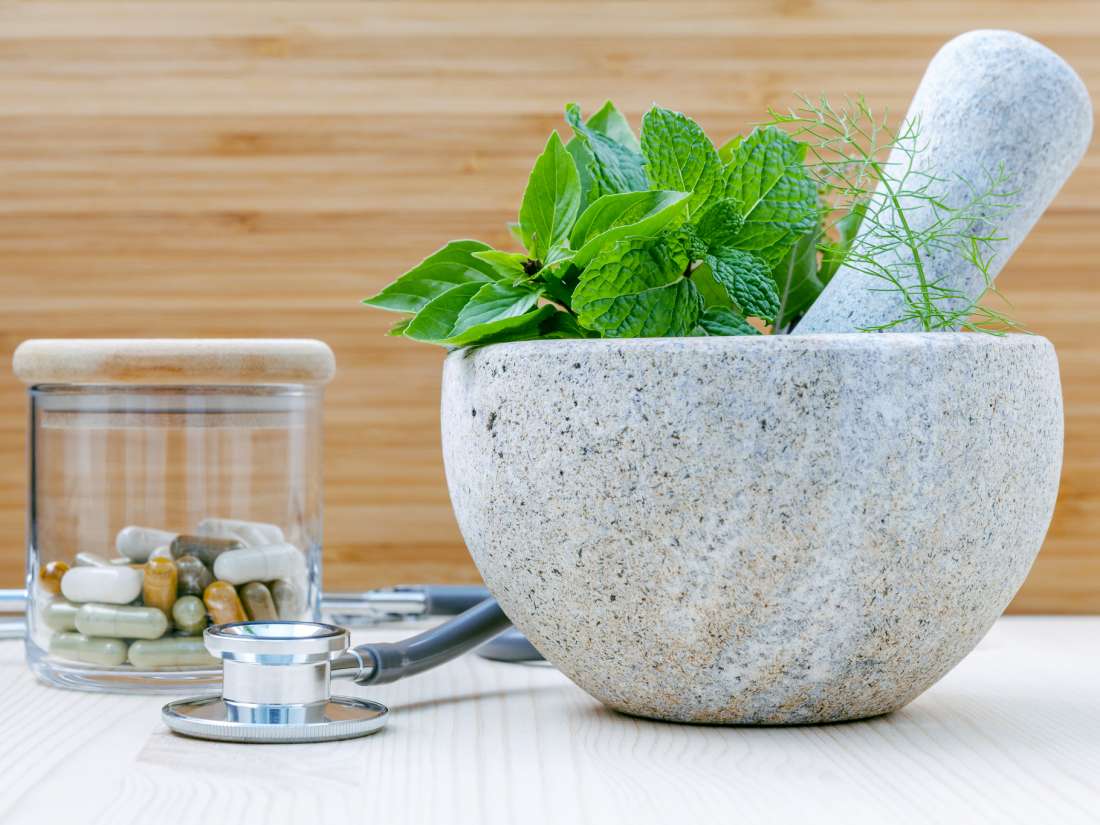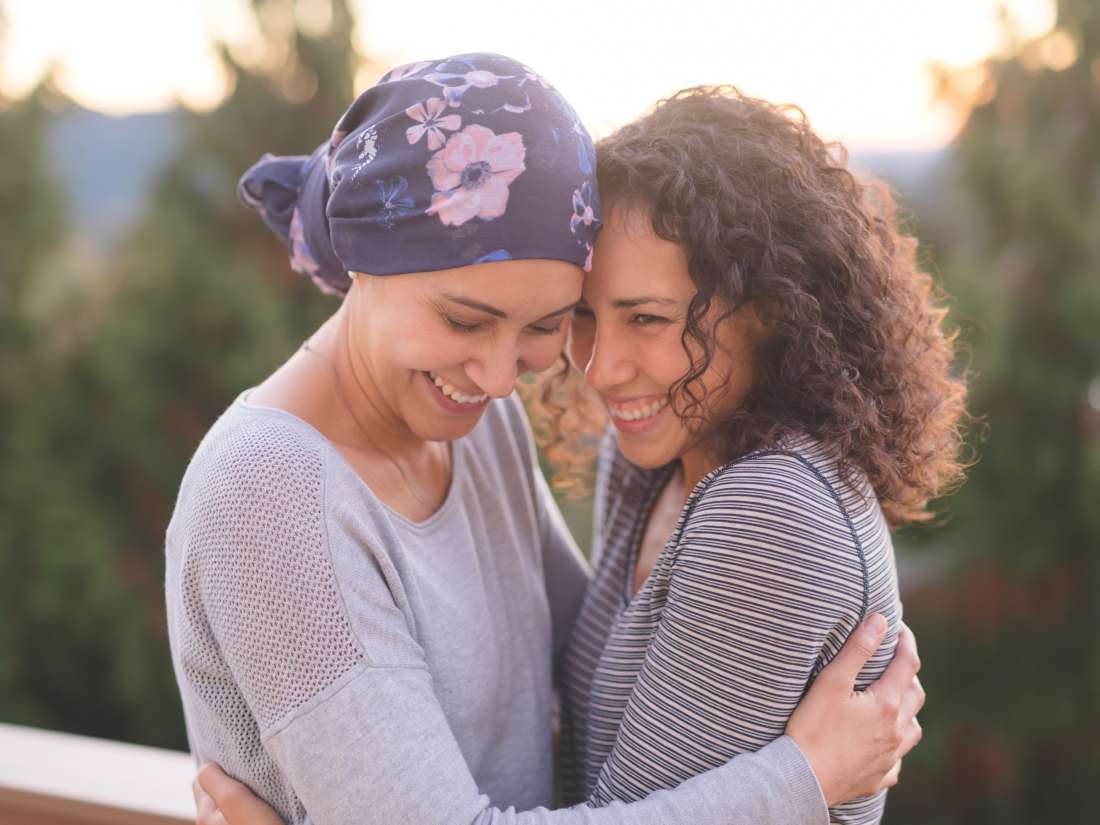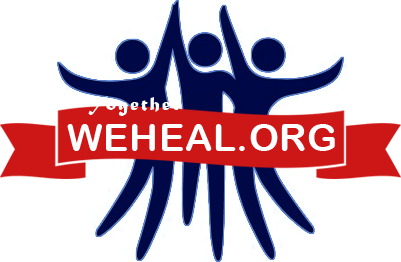-
Eric Drew posted an update in the group General Cancer Advocate Network
General Cancer Support Info – From Gene Lennon
Cancer Care — Caregiving, Support and Resources
For millions of people around the world, the suspect lump, mole or nagging cough is more than a health nuisance. These changes in the body are warning signs of cancer. Cancer in its diverse forms is a group of diseases that create a rapid growth of abnormal cells in the body. The World Health Organization reports that cancer is the second-leading cause of death worldwide, killing 8.8 million people in 2015. Around one-third of cancer deaths across the planet stem from behavioral and dietary risks, including obesity, lack of exercise, low fruit and vegetable consumption, tobacco use, and alcohol use.
Since 2000, World Cancer Day on February 4 has rallied everyday citizens and professional advocates behind cancer research, treatment and care. World Cancer Day’s 2016–2018 campaign theme “We can. I can.” is a call for individuals and the collective to take action to help reduce the burden of cancer throughout the world. To help reverse the growing rate of cancer, every person is encouraged to make healthy lifestyle choices and follow early detection steps. Families and neighborhoods are encouraged to create healthy workplaces, schools and communities, and to support others who are journeying through a cancer diagnosis.
“Cancer of any type should never be battled alone,” said Gene Lennon. President, Right at Home Santa Clara County. “At Right at Home, we stand with seniors and adults with disabilities who are living with cancer. We join in the circle of family and friends who support and encourage their loved ones fighting cancer. To our team of professional in-home caregivers and office staff, ‘C’ doesn’t stand for ‘cancer,’ it stands for ‘Courage, Commitment and Caring.’”
Aging is one of the biggest risks for cancer — Lennon suggests a number of measures seniors and their family members can take to help prevent and stand against cancer and its grueling effects:
Screen for early detection. Regular screenings help pinpoint cancer in people who show no symptoms. Being proactive about screening gives you the best odds for beating cancer when tumors are small and have not spread or metastasized to other regions of the body. The American Cancer Society recommends the following screening tests for certain cancers based on gender for those age 50 and older:
• Men – colon, prostate and lung
• Women – breast, cervical, colon and lungTalk with your physician about your individual health history and risks for cancer.
Be intentional about staying healthy. The air you breathe, the foods you eat and the genes you inherit all affect your likelihood of getting cancer. The World Cancer Research Fund “estimates that about 20 percent of all cancers diagnosed in the U.S. are related to body fatness, physical inactivity, excess alcohol consumption, and/or poor nutrition, and thus could be prevented.” The beneficial news is that you can help limit your cancer risk by avoiding smoking and second-hand smoke, exercising regularly, and keeping a healthy weight throughout your lifetime. If you are a male, limit your daily alcohol intake to no more than two drinks, and if you are a female, to no more than one drink. (A drink of alcohol is defined as 12 ounces of beer, 5 ounces of wine or 1½ ounces of hard liquor.) Choosing more plant-based foods in your diet can also boost your body’s immunity to certain cancers. Other cancer preventatives include wearing sunscreen and reducing your exposure to ultraviolet (UV) radiation. The American Cancer Society provides more details about the connection between lifestyle choices and cancer risk.
Seek professional assistance for at-home cancer recovery. The comforts of home increase in importance for many cancer patients. Surgery, chemotherapy, radiation, immunotherapy and other oncology treatments can leave people with cancer experiencing little energy and little appetite. Healthful nutrition is essential during and after cancer treatment, and consulting with an oncology dietician or a registered nutritionist can help patients regain strength and rebuild body tissue. Other health providers to consider for in-home cancer recovery include a physical therapist, occupational therapist, nurse, and professional caregiver. Right at Home, for example, is a leading home-care agency that offers highly trained and licensed caregivers to help with everyday tasks including bathing, dressing, cooking, health reminders and transportation to appointments. Respite care is also available for family caregivers who need a break here and there in their loved one’s cancer journey.
Connect with national cancer resources and support groups. A number of resources and support groups are available nationwide for cancer patients and their families to walk through their emotional, spiritual, financial and other specific care needs:
• The American Cancer Society, http://www.cancer.org, 1-800-227-2345
• Cancer Care, http://www.cancercare.org, 1-800-813-HOPE (4673)
• Cancer Net (American Society of Clinical Oncology), https://www.cancer.net, 1-888-651-3038
• The National Cancer Institute, https://www.cancer.gov/resources-for, 1-800-4-CANCER (1-800-422-6237)
• The U.S. Administration on Aging, http://www.eldercare.gov, 1-800-677-1116
• The Susan G. Komen Breast Cancer Foundation, https://ww5.komen.org/BreastCancer/SupportGroups.html, 1-877-GO-KOMEN (1-877-465-6636)
• The United Way, http://www.liveunited.org, check your local phone listingAbout Right at Home
Founded in 1995, Right at Home offers in-home companionship and personal care and assistance to seniors and adults with a disability who want to continue to live independently. Local Right at Home offices are independently owned and operated and directly employ and supervise all caregiving staff, each of whom is thoroughly screened, trained, and bonded/insured prior to entering a client’s home. Right at Home’s global office is based in Omaha, Nebraska, with franchise offices located in 47 states nationwide and throughout the world. For more information on Right at Home, visit About Right at Home at http://www.rightathome.net/about-us or read the Right at Home caregiving blog at http://www.rightathome.net/blog. To sign up for Right at Home’s free adult caregiving e-newsletter, Caring Right at Home, visit http://caringnews.com.About Right at Home of Santa Clara County
The Santa Clara County office of Right at Home is a locally owned and operated franchise office of Right at Home, LLC, serving the communities of Santa Clara County For more information, contact Right at Home of Santa Clara County at click here 408.496.0833 or by email at gene@rahsantaclara.com
For information, contact: Gene Lennon, President
gene@rahsantaclara.com
408.496.0833
-
Aarchi Advani joined the group General Cancer Advocate Network
-
Bonnie Pedone joined the group General Cancer Advocate Network
-
ashgeee joined the group General Cancer Advocate Network
-
Eric Drew posted an update in the group General Cancer Advocate Network
Is cancer overdiagnosis a problem?New research estimates that doctors may overdiagnose around 11,000 cases of cancer in women and 18,000 cases of cancer in men each year. -
Sassy joined the group General Cancer Advocate Network
-
Eric Drew posted an update in the group General Cancer Advocate Network
This really is not an answer to this question. Instead it is a statistical analysis between patients who EITHER used traditional proven medicine OR used “Complementary” medicine, but not both. However, I heavily used complimentary medicine during my traditional treatments for leukemia and I believe it is one of the reasons I am here today. I would bet everything that if they were to examine patients who used proven complementary medicine techniques IN ADDITION to the most advanced traditional approach technologies, they would have the highest level of survival! IN other words, don’t put all your eggs in one basket, and instead look at the statistical outcome data for all possible approaches, and use a collaborative approach with the best of both worlds.
How does complementary medicine impact cancer survival?Although complementary and alternative medicine has risen in popularity, little is known about its impact on cancer survival. A new study takes a look. -
Eric Drew posted an update in the group General Cancer Advocate Network
Chemotherapy: Success rates for different cancersSuccess rates help indicate how effective various treatments are. Here, we provide success rates of treatments involving chemotherapy for various types of cancer. -
WilsonRx posted an update in the group General Cancer Advocate Network
Hello
-
WilsonRx joined the group General Cancer Advocate Network
-
Eric Drew posted an update in the group General Cancer Advocate Network
This goes for all cancers!
Natural treatment for breast cancer: Complementary therapy optionsA number of natural and complementary therapies can help support a person’s mind and body during breast cancer treatment and may also help alleviate medication side effects. However, these therapies cannot replace standard treatment for breast cancer. Learn more here.



